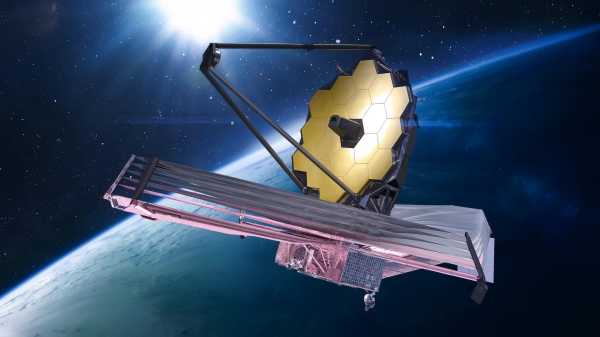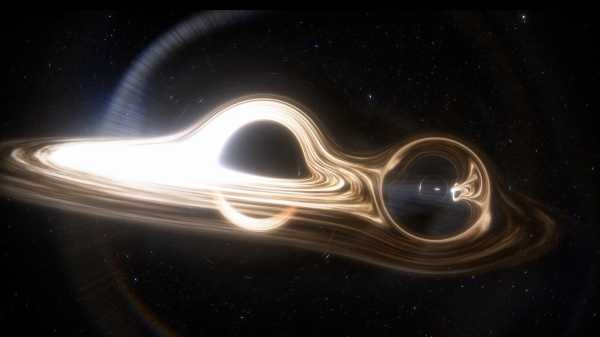
If Earth started over, would intelligent life evolve again?
If we all got together and started Earth over, winding time back to the moment right after the land cooled from hot magma and giant meteor showers stopped devastating the planet, would life rise again on this planet? And would that life ever become intelligent?
A new paper published May 18 in the journal Proceedings of the National Academy of Sciences offers an answer: Life likely spawns quickly and easily under Earth-like conditions. But intelligent life is probably rare and slow to emerge, suggesting it might not re-appear.
Some reports have suggested this paper is about the odds of intelligent life emerging beyond our planet — alien life and alien civilizations. But the author, David Kipping, a Columbia University astronomer, kept his focus on Earth itself. His paper leaves questions about other planets unanswered. He used a statistical method called Bayesian analysis to study the handful of data points available, landing on the conclusion that we’re probably lucky to exist at all.
What ‘Bayesian analysis’ means
There are two main approaches to statistics, said Pauline Barmby, an astronomer at the University of Western Ontario who wasn’t involved with Kipping’s paper: frequentist and Bayesian. When news networks announce who just won a presidential election, meteorologists predict the weather, and public health officials estimate coronavirus infection rates from limited samples, they’re usually using frequentist approaches. In other words, they use the limited information they have to judge what the truth about the world most likely is. Bayesian analysis more closely resembles the way human beings actually think.
“Bayesian analysis is just a way of describing and updating beliefs — or information content — when you see some piece of data,” said Will Farr, an astrophysicist at Stony Brook University in New York, who also wasn’t involved in Kipping’s paper.
For instance: How likely am I to make a free-throw this time, given that I’ve missed the last 20 times I tried? What about if I missed the last 50? The approach forces researchers to examine the assumptions involved in the questions they’re asking and their confidence in those assumptions, Barmby said.
We’re very lucky
Kipping’s paper took the handful of data points that have been collected on how long it took life and intelligence to emerge on Earth, as well as estimates of how long Earth will be habitable based on the sun’s life cycle. He then used a Bayesian approach to figure out the odds on whether each event is a “rapid process” or a “slow and rare scenario.”
If life’s emergence from inanimate stuff (“abiogenesis”) was fast, we’d expect that on an Earth rewound and rerun, life would probably happen at some point in our planet’s billions of habitable years, Kipping wrote. But if that emergence was slow, life might have been a lucky break. The same caveats apply to the emergence of intelligence.
Kipping worked with a few data points:
Sourse: www.livescience.com





